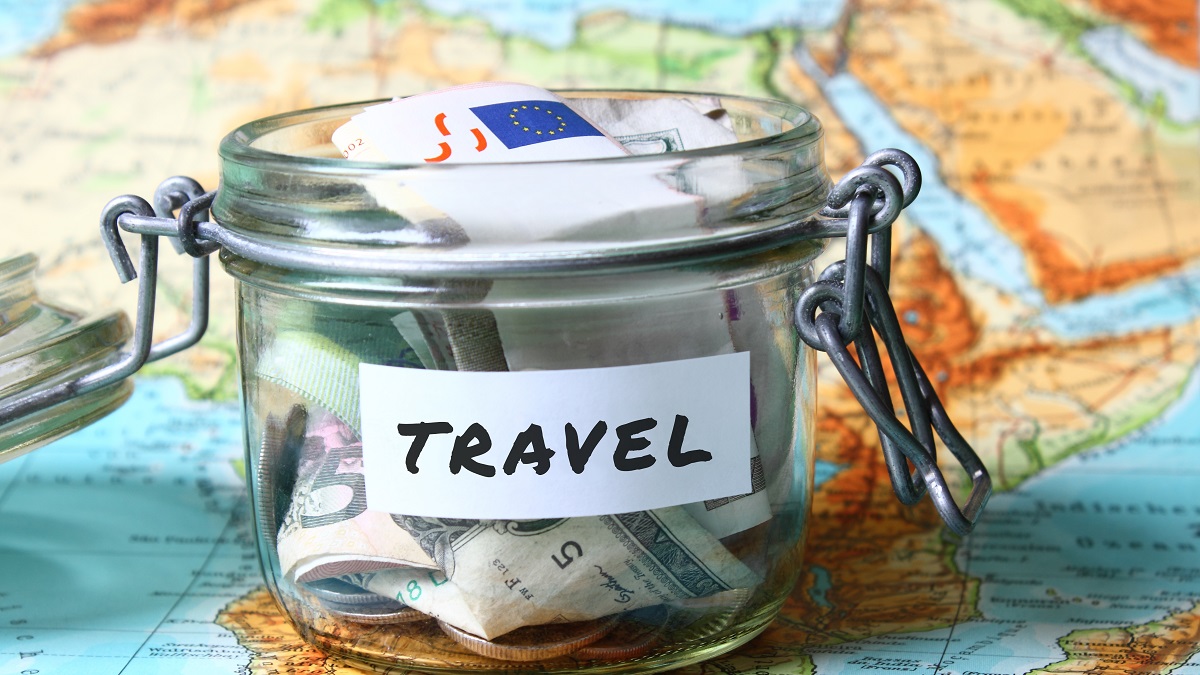More and more Australians are travelling abroad due to a stronger Australian dollar and more accessible travel options. However, there are a number of issues with regard to finances which you should consider before travelling. In this article NICRI’s Craig Hall offers five handy tips which can help you to avoid financial pitfalls.
1. Utilise a number of payment options such as credit cards, debit cards (Maestro/Cirrus facility), travel money cards and foreign currency cash. This will provide you with options if you lose a card or forget a Personal Identification Number (PIN). Check the costs of each option so you know which method to use the most. Costs can be in the form of fees or interest, as well as a margin in the exchange rate. Keep track of the amount and type of currency which you take and always keep it, along with other important documents, such as your passports and tickets, in a safe and secure place.
If you will have internet access, set-up and utilise online banking for foreign currency top-ups, payment of bills and to keep track of spending and account activity while away. Advise your financial institutions of where and when you will be travelling so they are aware of your movements and can track irregular activity.
If you think that you won’t have internet access, consider prepaying bills or nominating a trustworthy person with power of attorney to look after your affairs while you are away.
2. Budget your trip carefully and try to purchase adequate funds prior to departing. You may be able toreduce fees if you minimise the times when you purchase or top-up your foreign currency. If you need to buy more currency while abroad you are likely to incur higher fees and depending on where you purchase the extra currency, it may cost more because of the exchange rate. If you take too much foreign currency you will likely be charged a fee and lose a margin when converting back to Australian dollars upon your return. If you use a travel money card be sure to allow time for the selected currency to become accessible as it can take up to seven working days in some cases.
While planning, find out if there are any concessions which you can take advantage of, or if certain packages give you discounts to other activities or attractions.
3. Plan ahead carefully so that you are aware of where you can access cash, when you will need cash (for taxis, tips etc.) and where you can post items back to Australia if you expect to purchase gifts and souvenirs or simply shop for yourself. It can often be cheaper to post items back than to pay for excess luggage charges.
If you plan to make purchases be sure to investigate whether you can claim items such as Value Added Tax (VAT) and be aware of the correct procedures to make the claim. Carefully check the prices of ‘Duty Free’ items to determine if the savings make the purchase worthwhile.
4. Ensure that you have adequate travel insurance and that your life insurance is also sufficient. Be sure to check what the travel insurance policy will and won’t cover you for, whether it be theft, cancellations or medical needs, which can be very expensive. Remember; ‘if you can’t afford travel insurance, you can’t afford to travel’.
Ensure that your life insurance and estate planning details are current and valid and that executors, family and/or friends can locate the relevant documentation if required.
5. Protect your PINs, access codes, documentation and identification. If these fall into the wrong hands you could lose money or be subject to fraud and identity theft. Do not give your personal details to anyone or any organisation unless you are completely satisfied that it will be secure and will remain confidential. Let trustworthy family, friends or neighbours know taht you will be away and request them to collect your mail, leave a light on and/or keep lawns and gardens tidy as though you are home to deter thieves.
The National Information Centre on Retirement Investments Inc (NICRI) is a government funded, independent consumer agency providing information to the general public on investment products. Prior to acting on information provided in its articles, NICRI strongly recommends you confirm details in relation to your personal circumstances with any relevant government department.
If you require further information on investments and retirement investment products please contact NICRI toll free on 1800 020110, email [email protected] or write to PO Box 1339, Fyshwick ACT 2609. Information leaflets are also available on NICRI’s websites www.nicri.org.au © or and http://moneymap.nicri.org.au .

